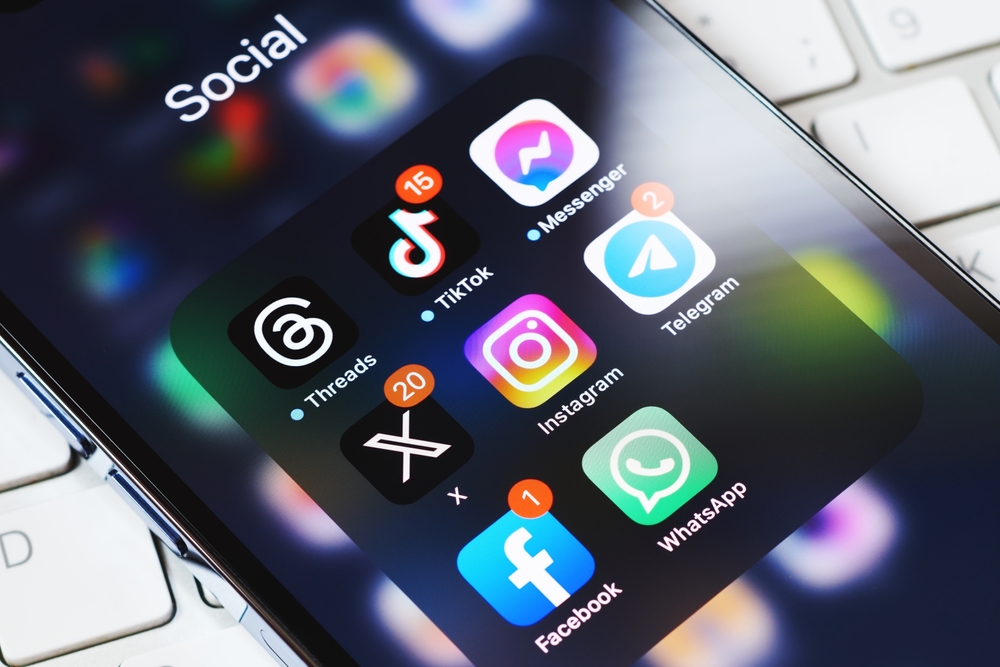A new report finds that the average American may spend over five years of their life on social media, equal to nearly 7% of their lifespan. That staggering figure is fueling renewed concerns about the mental, physical, and financial toll of excessive screen time.
Others are reading now
A new report finds that the average American may spend over five years of their life on social media, equal to nearly 7% of their lifespan. That staggering figure is fueling renewed concerns about the mental, physical, and financial toll of excessive screen time.
32 Days a Year Spent Scrolling

According to Slotzilla’s analysis, U.S. adults spend an average of 32 days each year on social platforms—time that adds up to over five years across a lifetime.
Turning Scroll Time Into Lost Time

The report, titled “Trapped by the Screen,” features tools that calculate the years and income lost to social media use—offering a startling new perspective on digital habits.
Social Media by Design

Experts say social platforms are engineered to keep users engaged through infinite feeds, notifications, and content tailored to trigger dopamine responses.
Also read
The ‘Doom Scrolling’ Effect

Easy access to endless photos, videos, and posts leads to “doom scrolling”—a cycle that extends screen time and deepens dependency.
Financial Impact May Vary

Not all screen time translates to lost income. Analysts note that the report’s calculators don’t consider job type, income, or work status—limiting their accuracy.
Mental and Emotional Toll

Excessive social media use can heighten anxiety, reduce creativity, and increase feelings of isolation, particularly when it replaces in-person socializing.
Physical Side Effects Stack Up

Too much screen time can lead to eye strain, headaches, sleep disruption, and posture-related issues like back and neck pain.
Obesity and Sedentary Risks

Hours spent idle in front of screens contribute to sedentary behavior, which is linked to obesity and cardiovascular problems.
Balance Over Abstinence

Experts recommend turning passive scrolling into purposeful activity—like learning or networking—and setting intentional time limits.
Reclaiming Control From the Feed

Simple steps like turning off notifications, using screen-free zones, and setting usage goals can help users take back control and restore digital balance.


